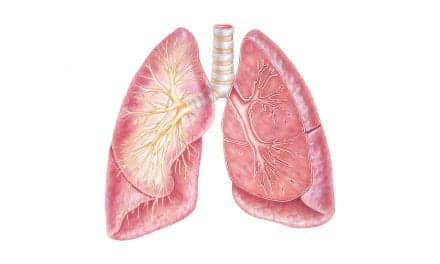A new statement from the American Heart Association shows that sleep problems may be linked to a variety of factors that can increase the risk of cardiovascular diseases.
The first statement by the American Heart Association on sleep and heart health outlines what we currently know about sleep irregularities and cardiovascular-related risk factors, including obesity, Type 2 diabetes, heart disease and atherosclerosis, arrhythmias, high blood pressure, stroke, unhealthy levels of triglycerides and cholesterol.
“We know that short sleep, usually defined as under 7 hours per night, overly long sleep, usually defined as more than 9 hours per night and sleep disorders may increase some cardiovascular risk factors, but we don’t know if improving sleep quality reduces those risk factors. Since the scientific evidence doesn’t show a specific dose/response relationship between sleep duration and cardiovascular wellness, the American Heart Association cannot offer specific advice on how much sleep is needed to protect people from cardiovascular disease,” said Marie-Pierre St-Onge, PhD, chair of the panel that reviewed the science.
Much of the scientific research about sleep and heart health focuses on insomnia or sleep apnea. Insomnia is defined as difficulty falling or staying asleep, for at least three nights a week for three or more months. Sleep apnea is diagnosed when someone has an average of five or more pauses in breathing, which can last seconds to minutes, per hour of sleep; the pauses are most commonly due to a narrowed airway.
Evidence linking sleep problems to obesity and diabetes has been studied the most, said St-Onge, associate professor of nutritional medicine at Columbia University in New York City. “Those are the two main conditions in which there are intervention studies that show that risk factors are increased when sleep is altered.” In obesity, for instance, studies show sleep influences food intake and could directly impact obesity risk, she said. But the research has been for short periods and longer studies—measuring impact on actual weight—are needed.










